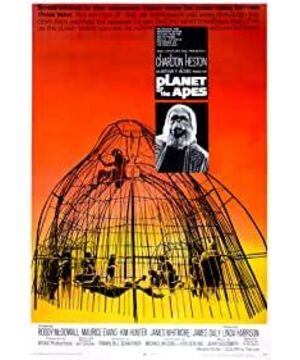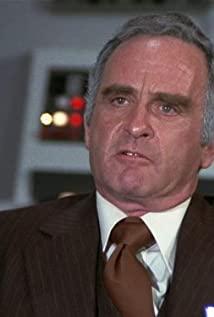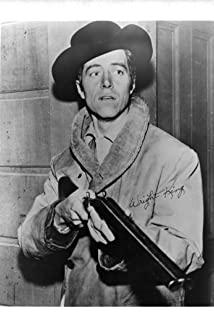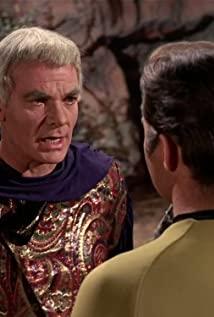Although it's a sci-fi film, it has few stunts; its classic comes from a thought-provoking moral. In addition to the shocking ending, most fans are talking about the double irony in the plot. First of all, the invincible human beings, who claim to be all primates, are ruled, slaughtered, exterminated, and experimented by other species, but they are powerless to fight back. This is undoubtedly a doomsday movie. The director (in this episode) did not explain whether the cause of the bad results was nuclear war or plague, but from the clues in the film, we can see that it must be the fault of human beings, not alien invasion or natural disaster. This exchange of status is undoubtedly the best warning to protect the earth and be kind to animals. The second irony is even more profound: these proud apes will eventually dominate, but look at their society: hierarchical, violent, conservative, ignorant, it seems that they are the epitome of early human society. They laugh at and spurn greedy humans, but they are just repeating the same mistakes along the trajectory. This is a bleak view of fate. When the development of science and technology surpasses the evolution of spirit, will the species inevitably perish? Do Technological Singularities Really Exist?
Charlton Heston is still the stage, and the performance is as strong as the body. As the girlfriend of the boss of Fox Studios, Linda Harrison easily won the role of Nova; she proved to be a good fit for the winking, blond, legs-baring human who couldn't speak. The ape people's make-up is very powerful, which won John Chambers the only statuette in the film - an Oscar honorary award.
View more about Planet of the Apes reviews











